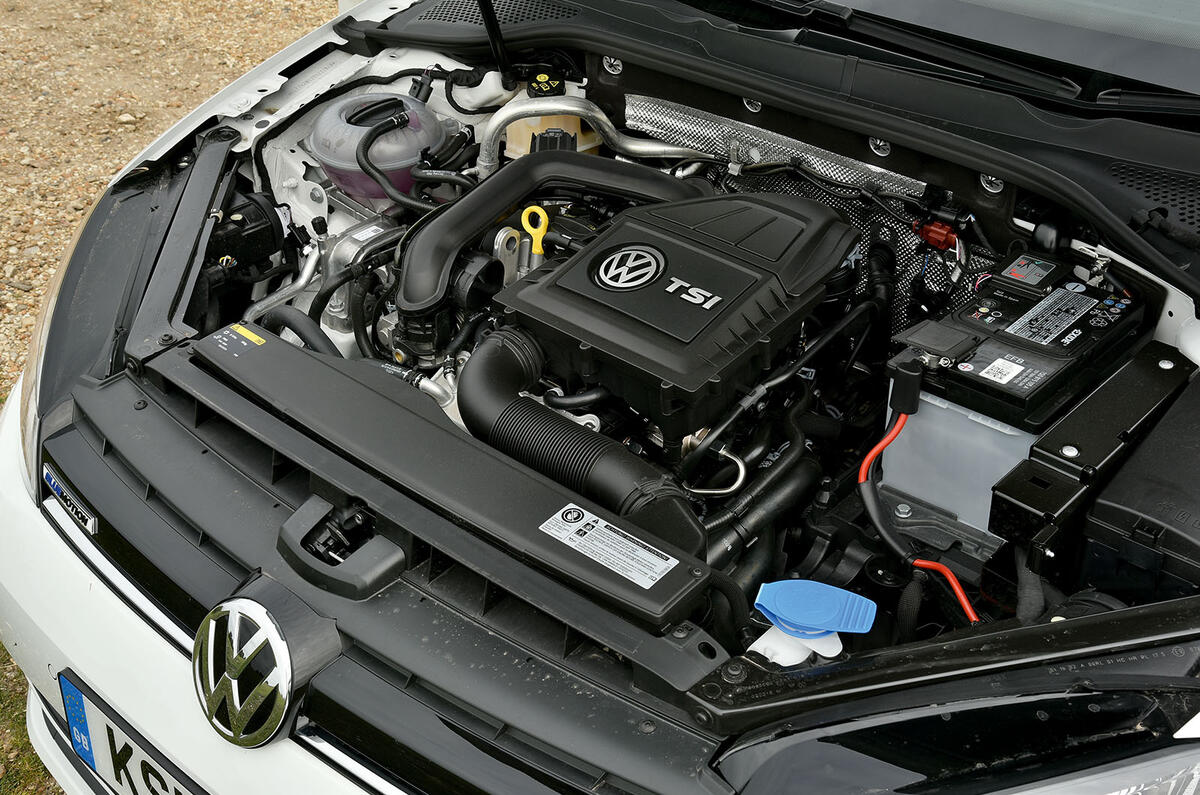The push to develop ever smaller, downsized engines to meet emissions regulations has peaked, according to Volkswagen brand boss Herbert Diess.
For more than a decade, manufacturers have focused on developing smaller engines, including families of new, turbo and non-turbo three-cylinder engines, in order to meet laboratory-based emissions regulations.
However, Diess believes the cost of developing even smaller engines, coupled with the onset of better real-world economy testing, means the current status quo on engine sizes is likely to be maintained.
“The reduction in the number of cylinders has achieved its goals,” he said. “Whether it is moving from four cylinders to three or six to four, then we have achieved efficiency benefits while retaining the qualities of driveability. That trend made a lot of sense — but it comes to an end now. If we go smaller, we will run into emissions and cost problems.”
Diess also said the cost of making diesel engines meet new emissions regulations — which he estimated at an average of €1000 (about £850) per car — would mean buyers of small cars would no longer accept the price hike for the fuel-efficiency gain.
“For city and supermini cars, it is likely that 48V hybrid systems will replace diesels, offering the same efficiency for less money. The internal combustion engine has a long life ahead of it yet, but as we hit the limits of thermo-dynamics, then the cost of hybridisation will be less than that of pursuing gains without them.”
Volkswagen reveals 396bhp hybrid Golf concept





Join the debate
Add your comment
Shrinking demand
"...offering the same efficiency for less money."
All these years ago, a Renault 5 GTL achieved very respectable economy with a 1.3 carburettor-fed lump and with none of the current clever electronics: would it be an idea to re-investigate that route in the light of the improvements made in the intervening years? Small car + large-ish engine + smart engine management + long gearing could yet surprise many of us?
Reducing cylinders from 6 to